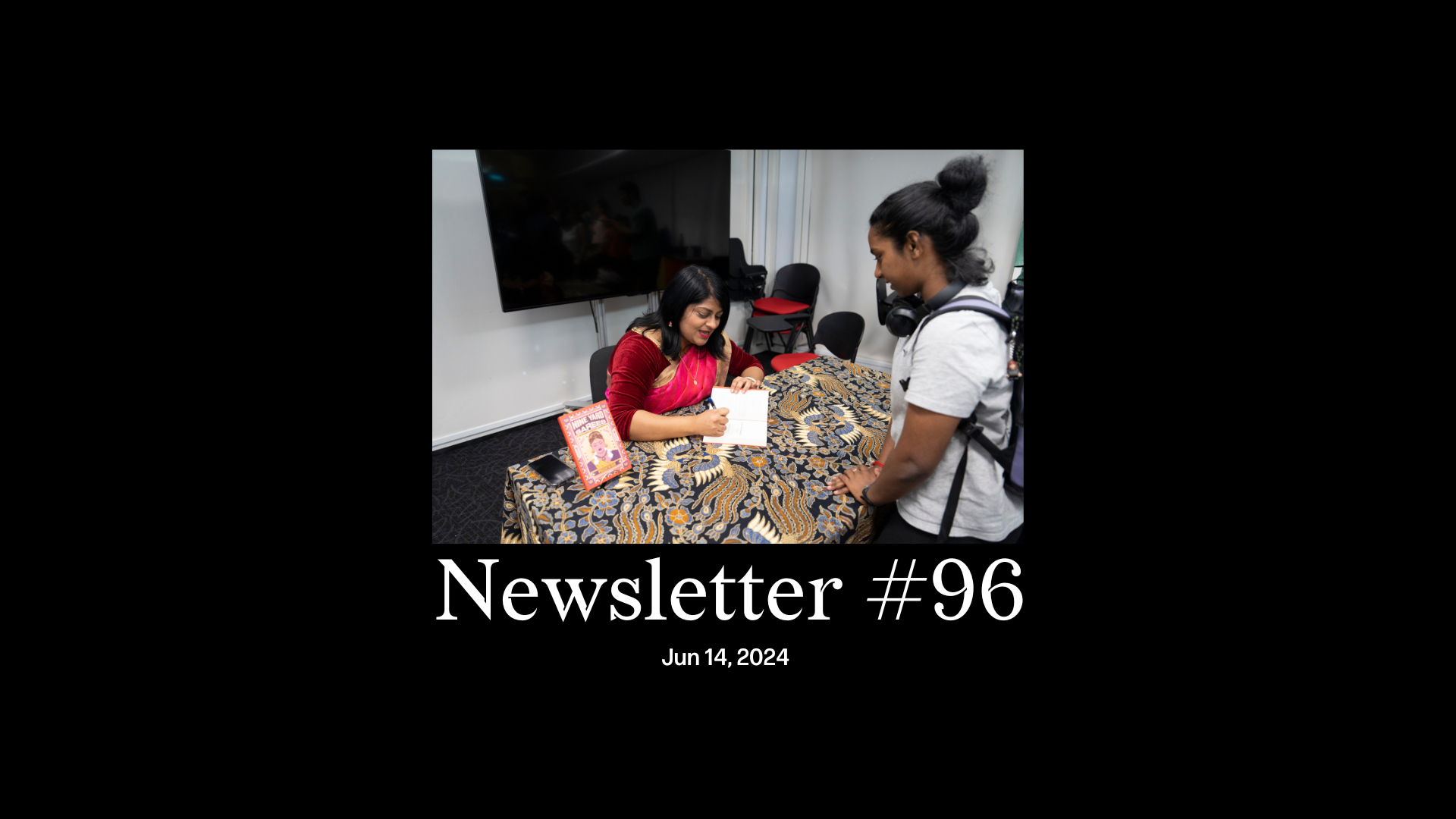Dear reader,
We’re hiring a new social media manager (SMM). It’s a roughly 10-12 hour a week role, and we’re offering either pure cash or cash/equity compensation. At Jom, the SMM is a key part of our editorial team, and works closely with all our editors in the creation of content. I consider the role much closer to a journalist than an operator. Depending on the individual’s preference, this can either be a public position or behind-the-scenes, as our current SMM prefers. They’ve done a fantastic job over the past 18 months but their new full-time job means they (boo hoo) can’t spare the extra time every week. Anybody with any passport is welcome to apply, but you must have work authorisation in Singapore and be based here. Application details here. Please share this widely.
In a recent global survey, 54 percent of Singaporean respondents agreed that same-sex couples should be able to get married or have legal recognition, and 57 percent agreed that they should be able to adopt. This is major news in terms of societal sentiment on progressive issues, akin to the 2022 finding that a majority of Singaporeans surveyed are in favour of medical marijuana.
Yet, bizarrely, The Straits Times buried this finding in paragraph 19 of an article with a misleading title. Why? We discuss this in “Singapore This Week”. Elsewhere in the issue we look at the Refresh PAP event; unmarried women getting blamed for our fertility crisis; migrant workers apparently up to no good on our roads; the rise in microplastics around us; miniature pagodas at the Asian Civilisation Museum; the death of historian Carl Trocki; Singaporean card and board game makers; the Asian Film Archive’s DIVINE film programme; and more.
This week’s essay, “A family portrait in motion: Prasanthi Ram’s Nine Yard Sarees”, is a book review written by Varsha Sivaram, a writer and co-editor of What We Inherit: Growing Up Indian, who was also a panellist at our Jom Cakap event on racism just over a year ago. They write: “Nine Yard Sarees follows a rich lineage of diasporic fiction: Balli Kaur Jaswal’s Inheritance and Jhumpa Lahiri’s Interpreter of Maladies find kinship with the stories here, particularly in their explorations of family ties across generations and borders…
…Books by Lahiri, Jaswal and many others have been fixtures on my mother’s bookshelves for years, and Ram’s evocative work has now joined them. Her prose is lush, lingering over long sentences. She is deft at creating scenes that spring to life, particularly on a sensory level: animated conversations over steaming ginger tea, the swarming Chennai streets, a tense reunion at a temple. Subtleties like a squeeze of the arm, or knees touching during a wedding ceremony, become revelatory through her prose.”
“Diasporic fiction” is a term that energises me because it reminds me of literature’s ability to create space for belonging and meaning for an individual far from their homeland. But it also kind of depresses me—because it has connotations of being scattered, exiled, a reminder that, on our shared planet, we’ve drawn lines of distinction across our lands and peoples. My mum, like Varsha's, was born in India. Will we always be part of the “Indian diaspora”? And how does that label fit with our nebulous Malayan identity?
Some Jom readers have written to me that they prefer reading our Politics or Society pieces, and to some degree I think that’ll always be true for a general interest magazine. Still, the whole point of having your eyes here now is to allow you to engage with new genres of writing, to offer you new conduits to appreciate socio-political urgencies. I’d love for readers to read reviews like Varsha’s simply for what they are. But for those who need a little bit more convincing, books like these allow us to think about immigration from the subcontinent in intimate, inventive ways.
There is perhaps no other socio-political issue as highly charged. It comes replete with its own catchy moniker: CECA. Four letters to make the nativist’s blood curdle, and to jolt the migrant into grasping for their arrival date, to prove their worth by how long they’ve been here.
For compassionate Singaporeans to better understand migration, and the means and methods to build an inclusive society, it’s not enough to ponder policies and statistics and analytical arguments. It’s important to also understand the granularity and diversity of Indian lives, the “experience navigating a traditional family”, and the “gendered expectations, their characters’ pride in their queerness amidst deep-seated bigotry, but also inherited traumas.”
Read Varsha’s review. And if you want more, get Prasanthi’s book.
Jom baca,
Sudhir Vadaketh
Editor-in-chief, Jom
p.s. Yes, I realise I’m an Indian writing about an Indian writing about an Indian writing about Indians. We prize positionality at Jom.
If you’ve enjoyed our newsletters, please scroll to the bottom of this page to sign up to receive them direct in your inbox.






